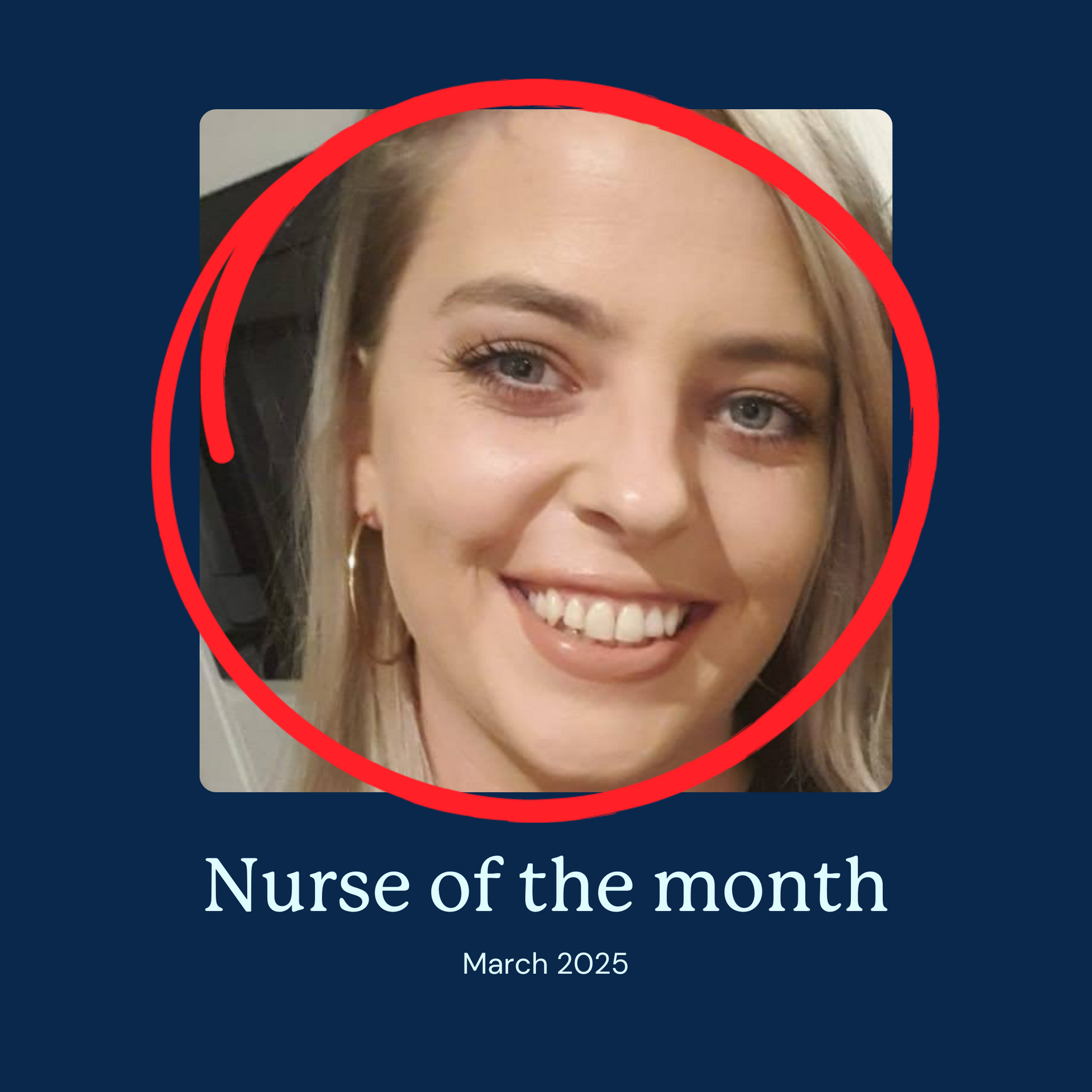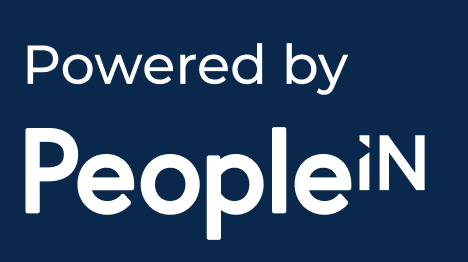What Benefits and Opportunities Can a Nursing Agency Provide Me?

How great would it be working for a company that encourages its staff to work when they want to. A company that promotes and organises stimulating and unique job prospects and who genuinely care about the personal experience of their staff. First Choice Care (FCC) is one such company. Let’s find out if an agency nursing job in Brisbane and beyond is the next step in your nursing career by better understanding what’s in it for you.
1. Easy to update your availability through the FCC Live Portal
One of the perceived stressors for agency nurses is how quickly can they update their availability at any hour of the day. FCC makes this process simple through their Live Portal which can be accessed from their website. This feature eliminates unnecessary interactions, prevents your time from being wasted and allows for 24/7 access. It also includes information on wages, uniforms, key contacts and everything else you need to feel adequately prepared for your upcoming shift.
2. Travel – go rural with additional benefits attached
Is it time to mix up your nursing career and challenge yourself by spending some time in the rural and remote parts of Queensland? Thanks to our partnership with Queensland Health and New South Wales Health, we connect you to hundreds of communities in need.
FCC is passionate to offer tailored experiences while providing the right people to support local communities. We offer these incredible travel opportunities for Registered Nurses, as well as Enrolled Nurses, Midwives and Assistants in Nursing (AIN).
To read more about the exciting rural opportunities, visit the FCC website here.
3. Meet new people and grow your network
There is a common saying within our industry that “nursing is nursing”, regardless of where you work. The part of the job which is forever changing though is the people we meet and experiences we share with other like-minded individuals. The structure of agency nursing welcomes relationship building and allows you to grow your professional network across healthcare disciplines. These new connections can lead to opportunities you didn’t even know existed.
4. Be part of a bigger community
At FCC we are one big family. We want our staff to feel part of a community and not simply somewhere they work to make ends meet. We regularly run giveaways and offer prizes via our social media and also provide helpful tips and news through our newsletter, giving a unique experience different from other nursing agencies.
5. Be kept up to date with important information that impacts you
Trying to stay up-to-date with blogs, podcasts and other industry-specific news can feel like a full-time job. We want to take away this hassle by doing the research for you. Through our social media, downloadable information booklets and regular newsletters, we keep you abreast with what’s important, saving you time and energy.
6. Upskill Easily
Thanks to technology and research, the healthcare industry is changing at a rapid rate. To ensure your practice is relevant and evidence-based or if you’d like to further your clinical skills, FCC together with education providers offers accredited and non-accredited training and assessment for nurses and midwives.
These sessions include face-to-face and online learning, along with educational opportunities in stunning holiday destinations! If you’re looking to refresh your skills, meet or boost your required CPD points then head to our website here.
Want to get started with our nursing agency? FCC is here to support you. Get in contact with us today or if you want to read more about agency nursing,
download our guide here.
More articles







